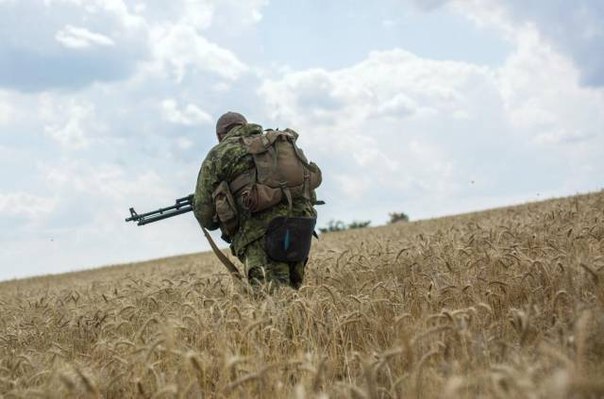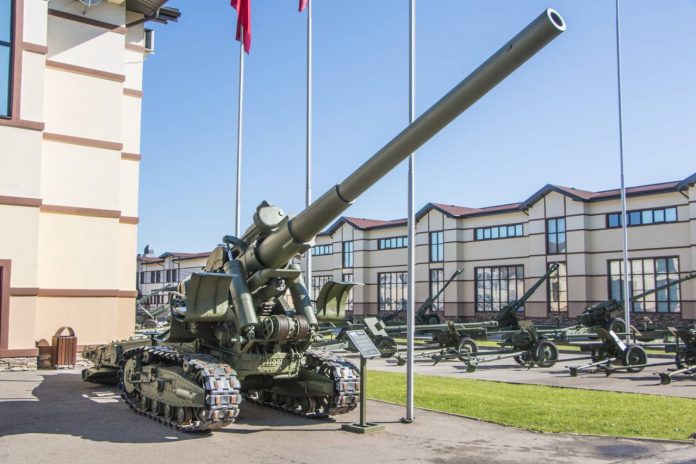Sri Lanka in translation from Sanskrit "Happy Land". But in fact the history of Ceylon, how this island is better known in European literature, can hardly be called happy - war, colonization by the Portuguese, Dutch, the British, then a fierce political struggle, Tamil separatist terrorism, civil war with the Liberation Tigers of Tamil Eelam.
Explosions in Sri Lanka
21 April 2019 years the whole world was shocked by reports of terrorist attacks in Sri Lanka. A series of powerful explosions thundered in several Catholic churches on the island, in hotels, where foreign tourists were accommodated, in a residential area of the capital of the country Colombo. The terrorists did not settle down on this.. Already 22 April, a new explosion thundered - this time a truck exploded near one of the damaged churches the day before. Besides, 87 detonators for explosive devices were found at the bus station in the capital of the country Colombo, and another explosive device was found at the entrance to Colombo airport. Local radical organization National Thowheeth Jama'ath claimed responsibility for the attacks. ("National Organization of Monotheism", banned in Russia), which we will discuss below.
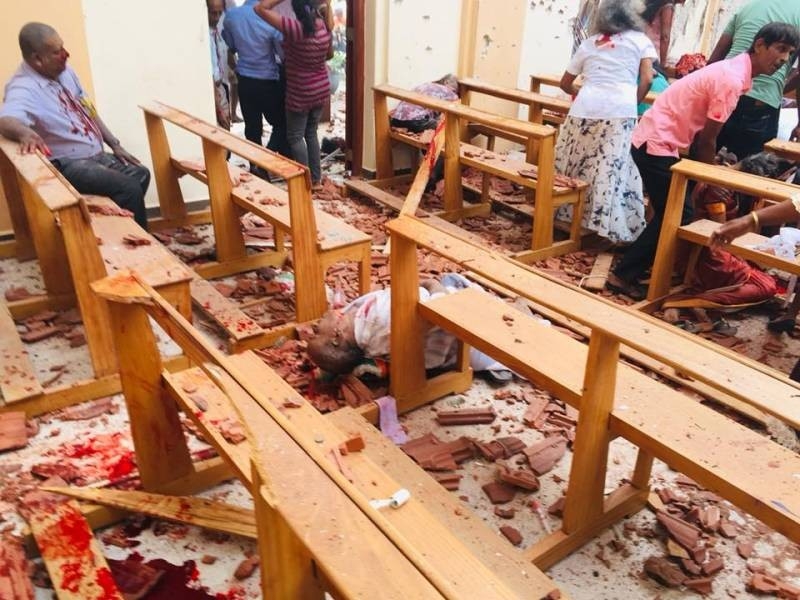
The number of victims is in the hundreds. morning 22 April, the country's authorities talked about 300 dead and more than 500 affected. Among the dead and wounded - not only Sri Lankans, but also citizens of other countries - India, China, Pakistan, USA, Great Britain, Denmark, Japan and some others. There are no Russians among the victims. At least, this is what the Russian embassy in the "Happy Land" says. I wish I could believe it, after all, in recent years, Sri Lanka has become a fairly popular route among Russian tourists and it is possible, that someone on the ill-fated day of the explosions could be in a hotel, or near one of the affected churches.
Since, how in 2009 year, government forces dealt a crushing blow to the Tamil military-political organization "Liberation Tigers of Tamil Eelam", terrorism and war, as it seemed then, left the island. But the long-awaited peace never reigned. Yes, the leader and commander-in-chief of the Liberation Tigers of Tamil Eelam, Vellupilai Prabhakaran, died in battles with government troops. But separatist sentiments among Tamils remained. After all, for them the soil is interethnic friction with the Sinhalese, constituting the majority of the population and the backbone of the ruling elite of the island, and the socio-economic dislocation of most of the Tamil population.
The peoples and religions of the "Happy Land"
Sri Lanka is a multinational and multi-confessional state. The majority of the population is Sinhalese.. These are the local people, speaking one of the Indo-Aryan languages and professing Buddhism of the Hinayana school (Small chariot). Sinhalese believe, that they are the essence of the Sri Lankan statehood and the real owners of the "Happy Land". Tamils disagree with them. Tamils - Dravidian people, most of which live in India. Most Tamils are Hindus, but in Sri Lanka there are many Christians among Tamils, and Muslims.
If the Hindus on the island 12%, then there are almost the same number of Muslims - more 11%. Their backbone are representatives of the 1.5 million people "Larakalla" or Sri Lankan Moors. Although, strictly speaking, "Larakalla" is not so much a people, how much is the ethno-confessional community. Most Larakalla speak Tamil, and they are based on the Tamils who were Islamized many centuries ago, as well as the descendants of the Arabs, Indians and Persians, settled on the island. except them, Islam is professed by Bengalis - immigrants from Bangladesh, immigrants from neighboring Muslim countries of Southeast and South Asia - Indonesians, Pakistanis.
Indigenous Muslims - "Moors" - have never before had problems and frictions with neighbors - Buddhists and Hindus. Unlike Thailand, Myanmar or Philippines, where there are impressive and politically active Muslim minorities, in Sri Lanka, until recently, Muslims actually did not position themselves in any way politically. And of course, that the traditional leaders of Sri Lankan Muslims immediately rushed to condemn the terrorist attacks in the country.
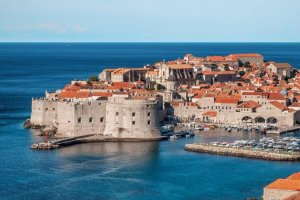
In Europe, came to China Spring
Islamists are a new danger for the country
In recent years, very dangerous trends have been observed in Sri Lanka. At first, radical fundamentalism began to spread on the island. It is promoted by visitors from Pakistan and Arab countries., as well as Sri Lankans, who work in the Gulf countries, and then they return to their homeland.
Secondly, radical religious movements began to occupy an ideological vacuum among young people. for example, in the Tamil environment used to sympathize with the "Liberation Tigers of Tamil Eelam", and now they are being replaced by radical Islamist organizations. Unlike the authorities in Thailand or the Philippines, who have been fighting religious radicalism for a long time, for the authorities of Sri Lanka, experienced in the fight against Tamil "tigers", Islamic radicalism is still a new political phenomenon.
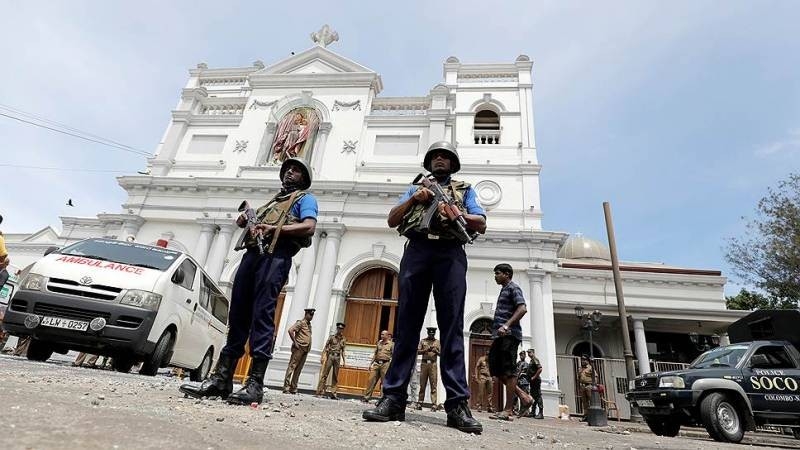
The main target of terrorists 21 April became Sri Lankan Christians. Interestingly, there are very few of them in Sri Lanka, and after decolonization, they did not claim any active political role. According to the census 2011 of the year, Christians were a little over 7% population of the island, and the overwhelming majority of Christians are Catholics. Interestingly, the bulk of Sri Lankan Christians are also Tamils, although there is another interesting group - "burghers", descendants of Dutch and Portuguese colonists, mixed with the Sinhalese and Tamil population of the island.
Before, Christians suffered a lot from Sinhalese nationalists, who linked Christianity and colonization and saw Christians as vehicles of Western influence. But then Sinhalese radicals turned their attention to a growing and much more active Muslim community.. Christians expected to breathe easy, but that was not the case - now they have become the target of radicals from fundamentalist groups, who appeared in Sri Lanka.
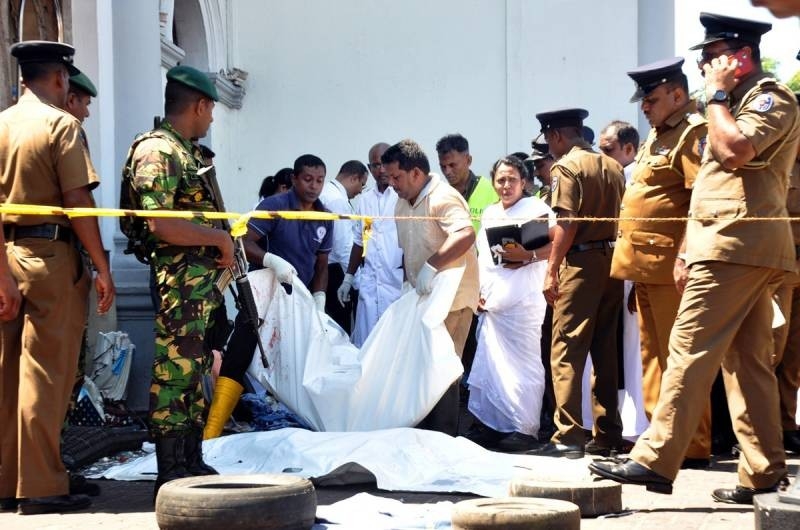
In, that the terrorist attack could have been committed by Islamist groups, now almost no one doubts. Information was leaked to the press, that literally a few days before the tragedy 21 April, the chief of police of Sri Lanka sent a memo to his subordinates, based on data provided to him by foreign intelligence services. In it, the chief of police talked about the impending attacks on the Catholic churches of the island..
Why Tavhid Jamaat is suspected
Suicide bombers from the local group National Thowheeth Jama'ath were going to attack places of worship ("National Organization of Monotheism", banned in Russia). This organization is little known outside Sri Lanka., but on the island she already managed to note clashes with Buddhists. The main task of the organization is the violent actions in response to discrimination against Muslims in India, Myanmar and Sri Lanka.
National Thowheeth Jama'ath is almost entirely made up of young people, first of all - graduates of religious schools. The first reports about the activities of this group began to appear in the press three years ago.. It soon became clear, that the core of "Tavhid Jamaat" is composed of young Muslims - residents of the east coast of the island, where the Larakalla people live - Sri Lankan Tamil-speaking Muslims.
Besides, Sri Lankan expert on extremism Chellani drew attention to the fact that, that a group of the same name is active among Muslim Tamils in the South Indian state of Tamil Nadu, which is separated from Sri Lanka by the strait. However, the existence of close ties between the Indian and Sri Lankan organizations with the same name is unknown.
Group "Tavhid Jamaat", as highlighted by counterterrorism expert from the Public Surveillance Research Foundation in New Delhi and Mumbai Kabir Tanej, originally emerged as a response to the actions of Sinhalese Buddhist radicals, pogroms against Muslims. Then "Tavhid Jamaat" turned to counter aggression, usually taking out evil on statues sacred to Buddhists.
ISIS infiltrates Sri Lanka
Many young Sri Lankans, professing Islam, in recent years, they went to "work" or for ideological reasons to Syria and Iraq, where they joined the formations of the "Islamic State" (It prohibited in the Russian Federation). So the ideas and practices of IS began to penetrate into Sri Lanka.. Here they were in demand among unemployed and socially dissatisfied youth., primarily Tamil.

Russian gun "BoA", probivayushtiy bronezhiletы, I was shooting
In January 2019 police discovered an IS training camp in one of the Sri Lankan villages. There, the radicals were preparing for terrorist attacks. It revealed, that local ISIS members were going to blow up ancient Buddhist monuments in the city of Anuradhapura. This is how the island's special services learned, that units of one of the most dangerous international terrorist organizations appeared in the country.
But, as we see, their main enemy is the Islamic radicals of Sri Lanka, like their like-minded people in Myanmar, India or Thailand, consider Buddhists and Hindus. After all, it was the Buddhists who in recent years organized mass demonstrations of the Sinhalese population against Muslims.. AND, logically, if Sri Lankan Islamists would plan terrorist acts, then they should have been directed against Buddhist temples. Especially, that foreign tourists have nothing to do with the long-standing confrontation between Sinhalese Buddhists and Tamil-speaking Muslims.
A completely different matter - "stray" terrorists, working for IS and having no homeland as such for a long time. They could well fulfill the orders of customers or higher management., by contacting local like-minded people or using them as a resource base and even direct performers. Local groups' ties with IS have only been able to grow stronger in recent years., and the conductors of IS's influence on local radicals are, according to the representative of the national security department of the research group in Mumbai Samir Patil, just the same Sri Lankans, who traveled to the Middle East and, probably, fought in Syria and Iraq.
If we recall the activities of "Tavhid Jamaat" as a response to violence against Muslims, we can also draw attention to the recent attack by a lone terrorist in a mosque in New Zealand. But the Sri Lankan Christians - the same Tamils by nationality - had nothing to do with the New Zealand shooter.. Therefore, such powerful terrorist attacks are unlikely to be revenge for the New Zealand events.. Yes, and in New Zealand, there was an exalted loner., and such a powerful series of terrorist attacks requires the participation of an extensive organization. Basically, opportunities for organizing such terrorist acts - material, organizational and financial - only structures of the IS or Al-Qaeda level have (prohibited in the Russian Federation).
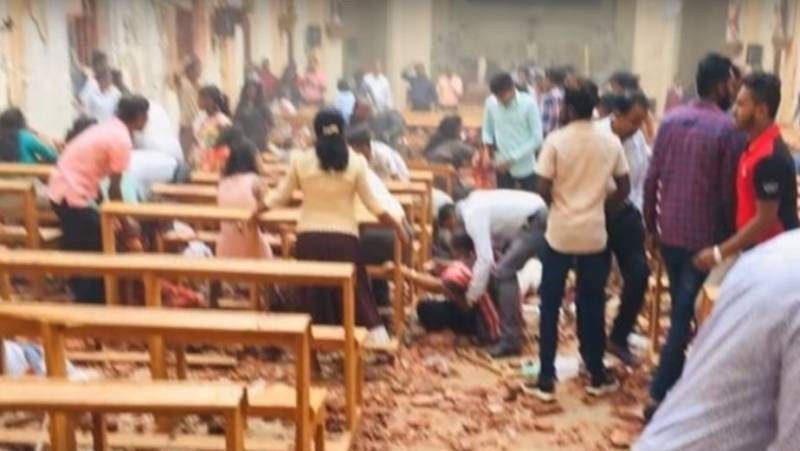
The level of training of terrorists is also impressive. Police experts have established, that all seven suicide vests exploded. Usually, beginner terrorists have some mistakes., even if they are preparing for a terrorist attack very carefully. Here everything went like this, as if terrorists or already had extensive experience of similar terrorist attacks, or have undergone quality training. But since there were no such attacks on the territory of Sri Lanka before, then there are only two options - or someone has long and painstakingly prepared local militants for a terrorist attack, or they came to Sri Lanka from another country, for example from Pakistan or from Syria.
When we previously wrote about the growing Islamic State activity in South and Southeast Asia, we first of all paid attention to countries with a long tradition of separatism of Muslim minorities - to Thailand with the southern Malay provinces, to Myanmar from the Rohingya, to the Philippines with Moro. certainly, radical ideas spread to predominantly Muslim Indonesia and Bangladesh, even in the Maldives. But Sri Lanka was not considered for a long time as possible outposts of IS in South and Southeast Asia..
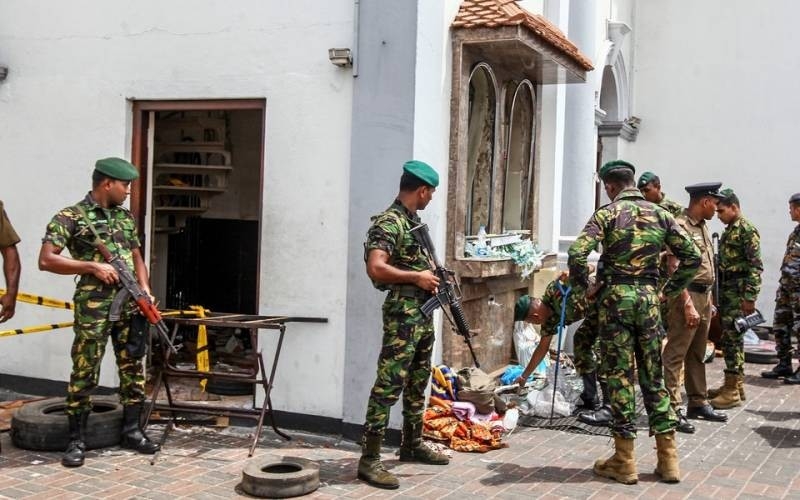
As it appears, the leaders of the police and special services of Sri Lanka also reasoned, who could not properly build a system for preventing terrorist acts. As a result, the terrorists not only carried out several successful attacks - they still demonstrate complete superiority over the detective capabilities of the Sri Lankan law enforcement agencies.. Although police representatives have already reported on the arrest of several dozen suspects, the terrorists have achieved their goal - the terrorist attacks have been carried out, hundreds of people died, and ordinary Sri Lankans now cannot feel safe.
Ilya Polonsky







